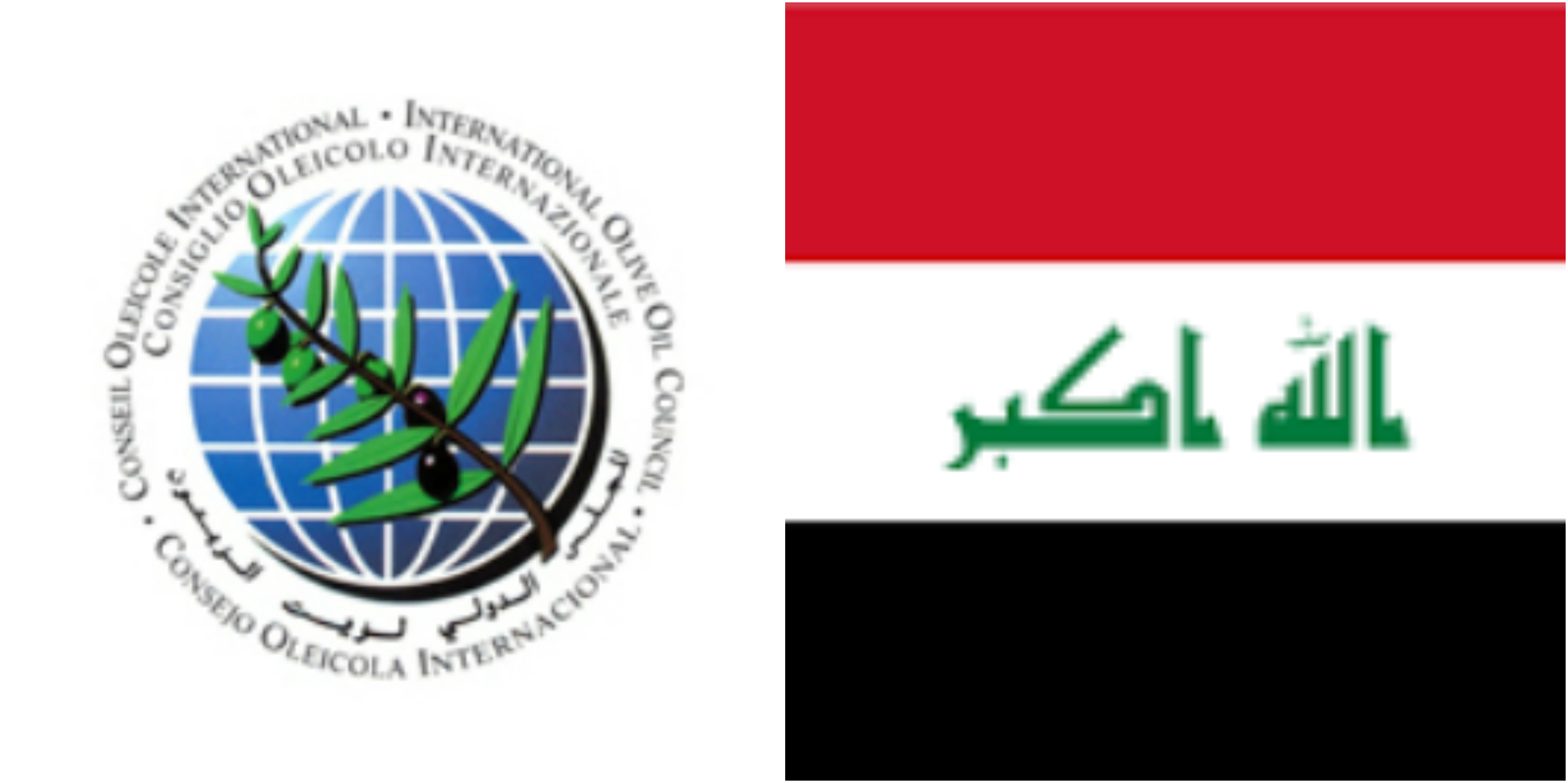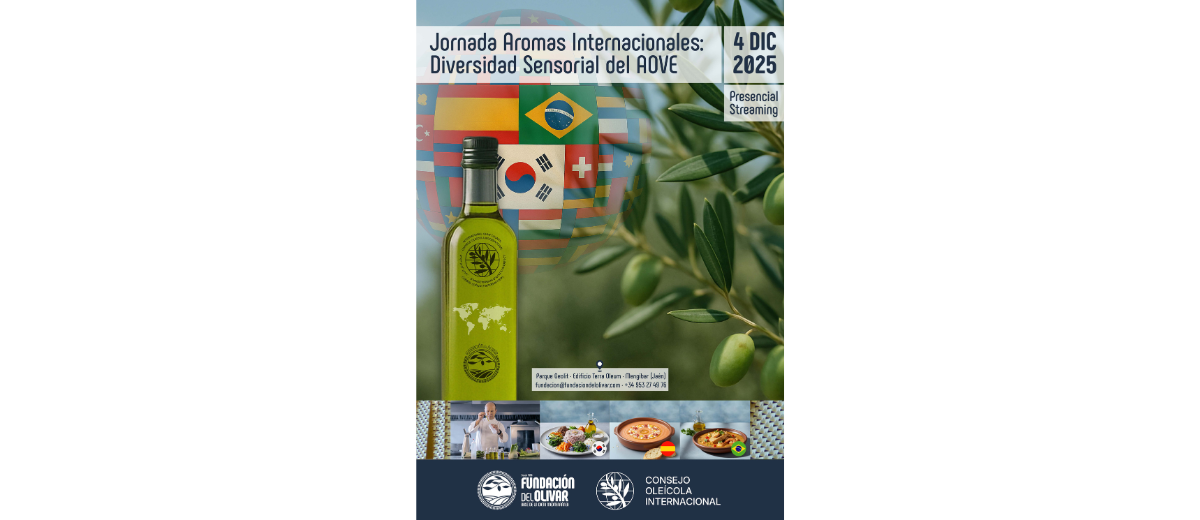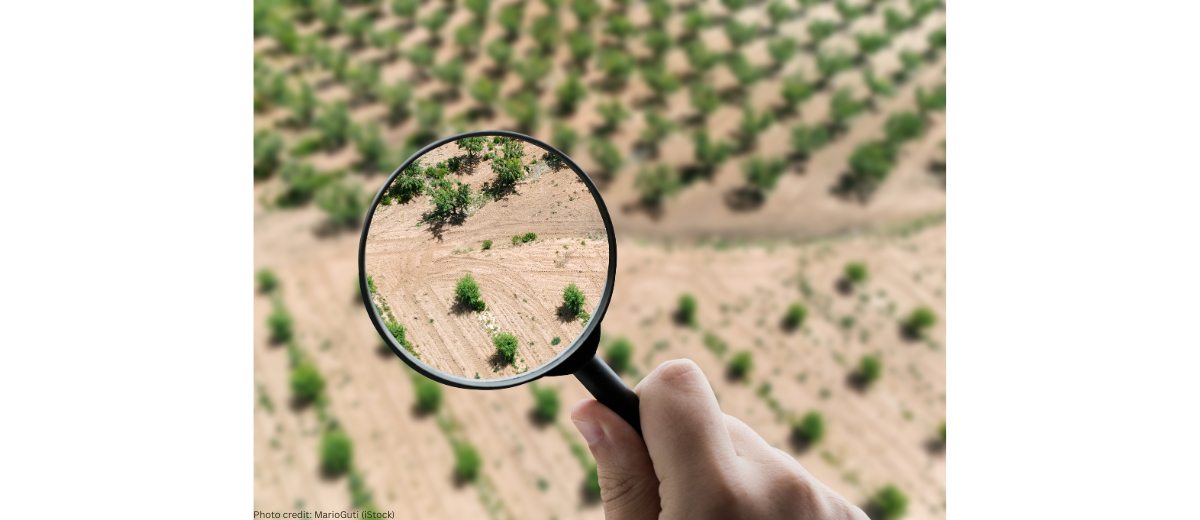The IOC Executive Director, Mr Abdellatif Ghedira, was received on 5 October 2016 by H.E. Mr Alaa Majid Hussein Al Hashimy, who has been Ambassador of the Republic of Iraq in Madrid since 7 April 2016.
Olive growing is an important sector in Iraq, helping to combat soil erosion in areas exposed to this country’s dry summers. Olives are mainly grown in the north of the country, under extensive and rain fed farming, with an average of 280 trees per hectare. The main varieties grown are Pashiqi and Ashrassi, which are used for table olive processing. In total the country uses 12 500 hectares of land for olive growing.
Olive trees are attracting increasing attention in Iraq: a number of intensive olive orchards have been planted in the centre of the country in recent years, as well as in the northern and southern regions. Autochthonous and foreign varieties, especially Spanish varieties, have been used for these new intensive plantations under irrigation. The State, under its Olive Growing Project, has also provided olive plants for farmers interested in growing this crop.
Iraq has participated in various courses organised by the IOC in collaboration with other institutions, and Iraqi students and experts have received IOC grants to participate in training, in particular the olive oil tasting expert courses of the University of Jaen, the course on olive oil marketing strategy, the seminar on integrated production for olive growing and the course on methods of evaluation of olive oil.
During this first visit to the Embassy of Iraq, the Executive Director highlighted the importance of Iraq as an IOC member since March 2008. He informed the Ambassador of upcoming courses and workshops and of the IOC programme for the recognition of physico-chemical laboratories and tasting panels. He added that the IOC will award grant funding to member countries for activities to celebrate World Olive Day on 26 November. He also indicated that the IOC would participate in the COP22 conference, to talk about the role of olive growing in mitigating the effects of global warming.
The Executive Director outlined the main differences in the new International Agreement on Olive Oil and Table Olives compared to the previous text, namely regarding the provisions that open up IOC membership to consumer countries. Mr Ghedira recalled that member countries had been invited to deposit their instrument of ratification of the new Agreement with the Depositary (UN in New York) before the end of 2016 or, where that was not possible, to submit a notification of their provisional implementation of the Agreement as of 1 January 2017.
.









